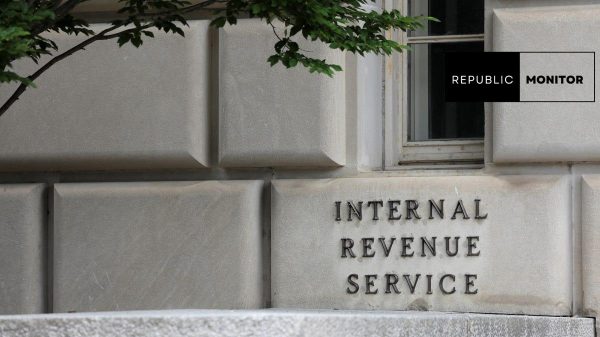26-year-old Heidi Crowter has failed to overthrow the present abortion law arguing that the part which allows parents to terminate pregnancies if there is a significant fetal abnormality at any moment before birth is discriminatory.
Crowter and two others filed a lawsuit against the Department of Health and Social Care, claiming that a section of the Abortion Act is discriminatory and breaches the European Convention on Human Rights. Crowter has stated that she regarded the legislation to be offensive and disrespectful and that she sought to repeal the law to challenge perspectives of Down syndrome.

Heidi Carter Challenged the Current Abortion Law that Allows Termination of a Fetus with the Condition (Photo: Sky News)
Stipulation of the UK Abortion Law
While the law prohibits abortion after 24 weeks of pregnancy, abortions can be authorized up until the moment of birth if it is determined that there is a strong chance that the child would suffer from a substantial risk of physical or mental abnormalities as to be seriously handicapped if the child were born.
Read Also: Drug Overdose Kills a 3-year-old Girl in Greencastle; Primary Offenders are Family Members
Court’s Decision of the UK Abortion Law Challenge
Two of the top British judges rejected the legal challenge of Crowter over the national abortion law. After a two-day hearing, senior judges Rabinder Singh and Nathalie Lieven dismissed the complaint, saying that the legislation isn’t unconstitutional and that it attempts to balance the rights of the unborn child and those of women. They claimed the case sparked strong emotions and disagreements over ethical and religious beliefs, but the court should stay out of such controversies and rule solely on the grounds of the law.
Crowter informed fellow legislation citizens gathered outside the Royal Courts of Justice in Central London on Thursday that she intended to court appeal the verdict. She affirmed the fight was not yet over. She added that they faced discrimination every day of their lives in schools, in the workplace, and society and the trial decision has extended the bias in the womb.
According to Paul Conrathe, a lawyer from the firm defending the three claimants, the ruling was disappointing and out of line with modern attitudes towards disability. He deduced that by authorizing babies with down syndrome to be aborted up to birth, unlike neurotypical newborns, the law conveys a strong message that the life of persons with Down syndrome is less valuable.
Related Article: Vaccinated Americans Extremely Hesitant to Gatherings with the Unvaccinated, Poll Finding Shows















